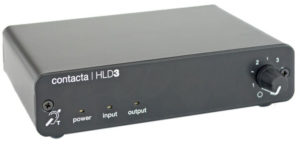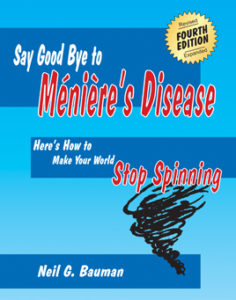by Neil Bauman, Ph.D.
If you have ever looked at the numerous side effects that can result from taking a given prescription drug, perhaps, like me, you have wondered how one drug, such as the antidepressant Sertraline (Zoloft), for example, can, in addition to causing a number of psychiatric side effects, also cause diverse side effects such as tinnitus, acne, constipation, hair loss, back pain, muscle weakness, coughing, thirst, vertigo, hypertension, sexual dysfunction and leg cramps. Notice that these side effects are all totally unrelated to the condition this drug is supposed to “fix”, namely depression. Why should a drug taken to help depression cause all these other side effects that affect the whole body? What is the common denominator that can result in all these different side effects?
Here’s the surprising answer. You have two “kinds” of nervous systems in your body—the central nervous system, which consists of your brain and spinal cord, and your peripheral nervous system.
Now here’s where it gets scary. Many prescription drugs affect your peripheral nervous system. Peripheral neuropathy is the fancy name for drug-damage to the peripheral nerves. Your peripheral nervous system is the vast communications network that transmits information from your brain and spinal cord (central nervous system) to every organ and part of your body. Peripheral nerves also send sensory information back to your brain and spinal cord. Damage to the peripheral nervous system interferes with these vital connections. Thus, when drugs affect your peripheral nervous system, they can affect every organ and every part of your body.
Now follow this. Because every peripheral nerve has a highly specialized function in a specific part of your body, a wide array of symptoms can occur when peripheral nerves are damaged. (1)
Unfortunately, doctors often do not fully understand all the various side effects that may result. As a result, in many ways every time you take a drug you are the guinea pig. Furthermore, unforeseen side effects are the rule rather than the exception.
For example, there are more than 300 different side effects associated with the use of the cholesterol-lowering (Statin) drugs. According to Dr. Mercola, this is likely only the tip of the iceberg. As he says, “Among one of the more well-known risks is harm to your muscles and peripheral nervous system with long-term use.” (1)
Furthermore, according to the National Institute of Neurological Disorders and Stroke, “Symptoms are related to the type of affected nerve and may be seen over a period of days weeks or years”.
Did you notice that? You may see these side effects pop up in a matter of days in some cases. In other cases, it may be weeks, months or years later before the damage becomes apparent.
Thus you cannot say that because you have been taking a certain drug for a number of years without any obvious side effects occurring that the hearing loss or tinnitus you now experience is obviously not related to that drug. The sad truth is that it could be.
In fact, I’m seeing this more and more. For example, Atenolol (a beta-blocker class of drug) may not cause any apparent side effects for a long time, then out of the blue five years later it starts causing serious ear problems such as massive hearing loss or loud tinnitus.
Dr. Mercola cautions, “If you take Statins for two years or more, nerve damage appears to be the rule,” not the exception. (1) Thus you are risking your ears the longer you stay on a Statin (and many other) drugs.
Now you know why the same drug that causes your ears to ring may also be causing your indigestion, sexual dysfunction and pain in your toes for example. These apparently unrelated symptoms are all caused by the same drug because it affects the peripheral nervous system.
Consequently, I urge you to be cautious when taking any prescription or over-the-counter drugs. The desired beneficial effect of the drug may easily be overshadowed by myriads of serious, unwanted side effects that turn up days, weeks, months or years later.
This is why it is so important for you to establish good health practices now, rather than expecting to rely on drugs to solve your health problems in the coming years.
________
(1) Is Nerve Damage the Rule, Not the Exception with Cholesterol Meds? Dr. Mercola. January 25, 2012.



Leave a Reply